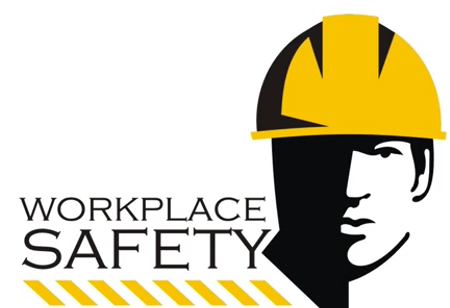IPAF training stands as a beacon of excellence and safety in the realm of powered access. Developed by the International Powered Access Federation (IPAF), this globally recognised programme aims to elevate safety standards and operational efficiency across various sectors.

Understanding IPAF Training
IPAF itself doesn’t provide training directly. Instead, it oversees a robust framework delivered by IPAF-approved training centres in 60 countries and regions. Each centre adheres to strict standards, ensuring consistency and quality across the board.
Benefits of IPAF Training
The significance of IPAF training transcends mere certification – it’s about fostering a culture of safety and compliance within the powered access sector. Participants emerge from the programme not just as certified operators but as advocates for workplace safety, armed with the latest best practices and regulatory knowledge. The Health and Safety Executive reiterates the importance of workplace safety.
The Training Process
IPAF’s training methodology seamlessly combines eLearning with practical sessions to cater to diverse learning preferences and schedules. Candidates have the flexibility to undertake theoretical lessons online, allowing them to engage with the material at their own pace.

Certification and Recognition
Upon successful completion of IPAF training, participants are awarded the Powered Access Licence (PAL) Card, a globally recognised certification demonstrating their expertise in powered access operation. Valid for five years, this digital card, accessible via the ePAL mobile app, signifies the holder’s adherence to the highest industry standards of safety and operation. The PAL Card serves not just as a badge of honour but as a passport to global opportunities in the powered access sector. Those seeking to enrol in an IPAF course can visit https://globalflt.com/services/ipaf/ for more information.
IPAF training is the foundation of safety and proficiency in the powered access industry. It not only enhances operational standards but also solidifies a commitment to workplace safety.